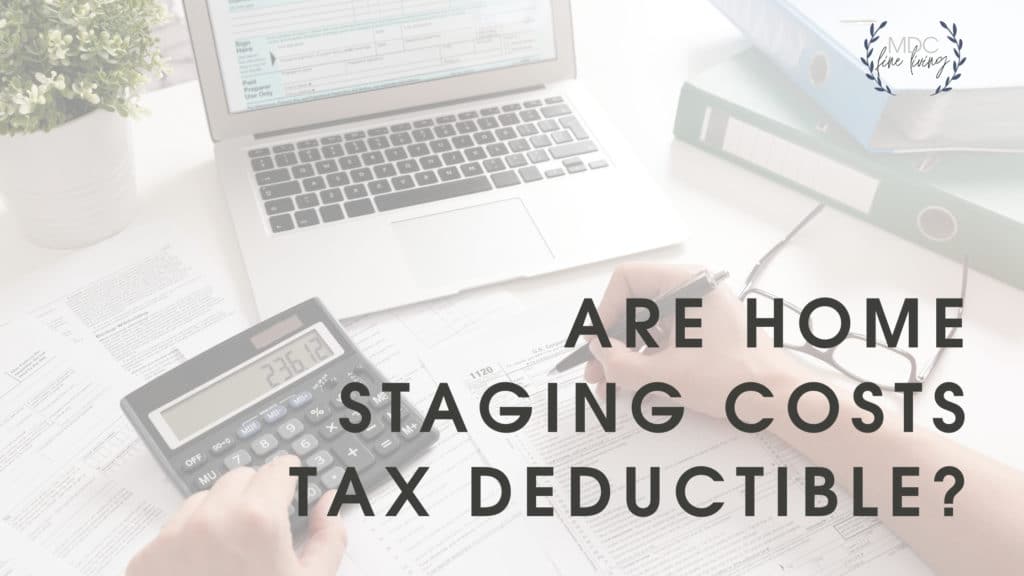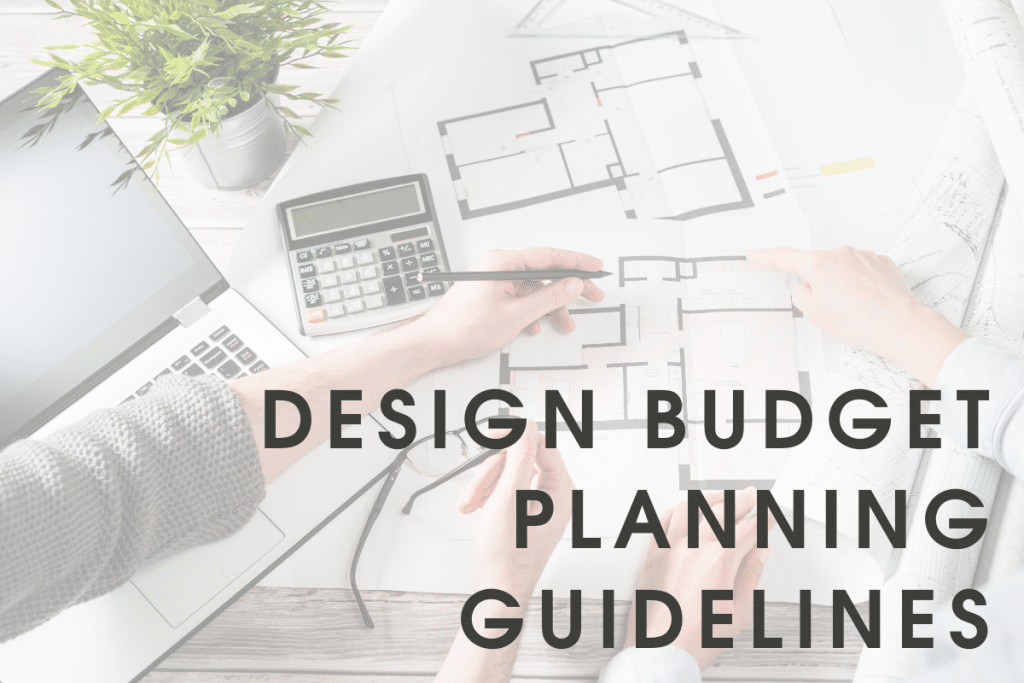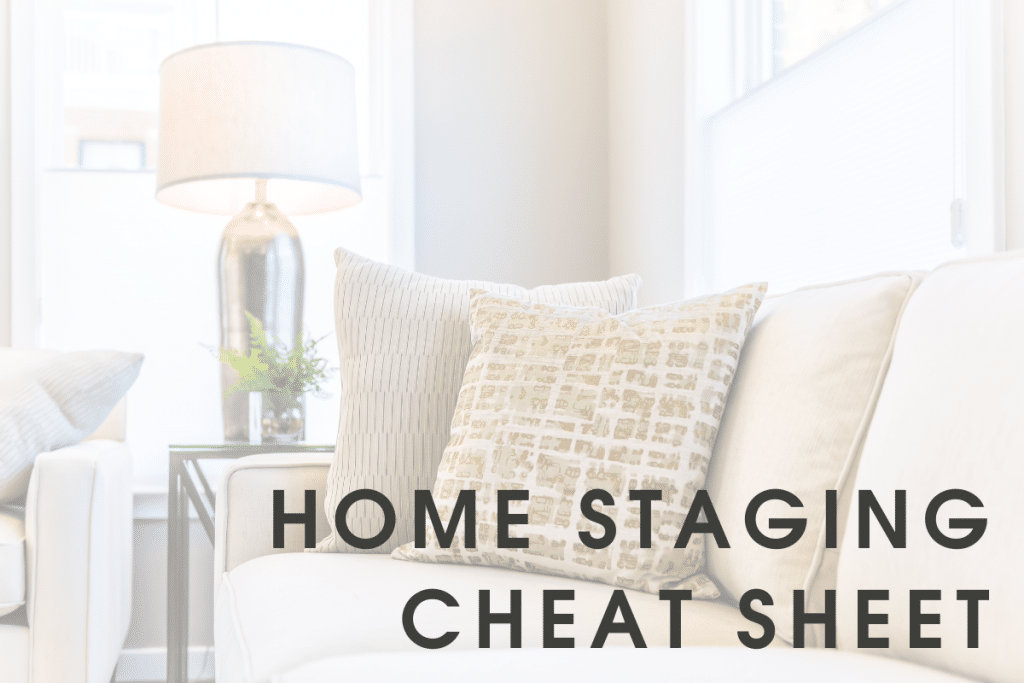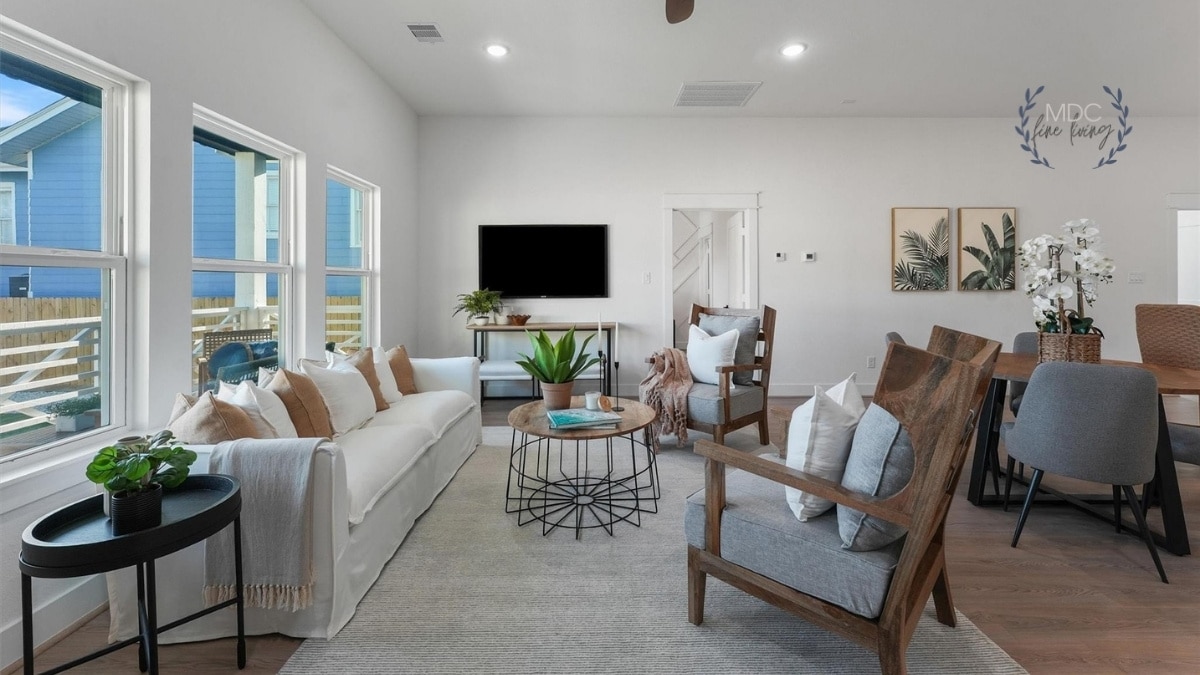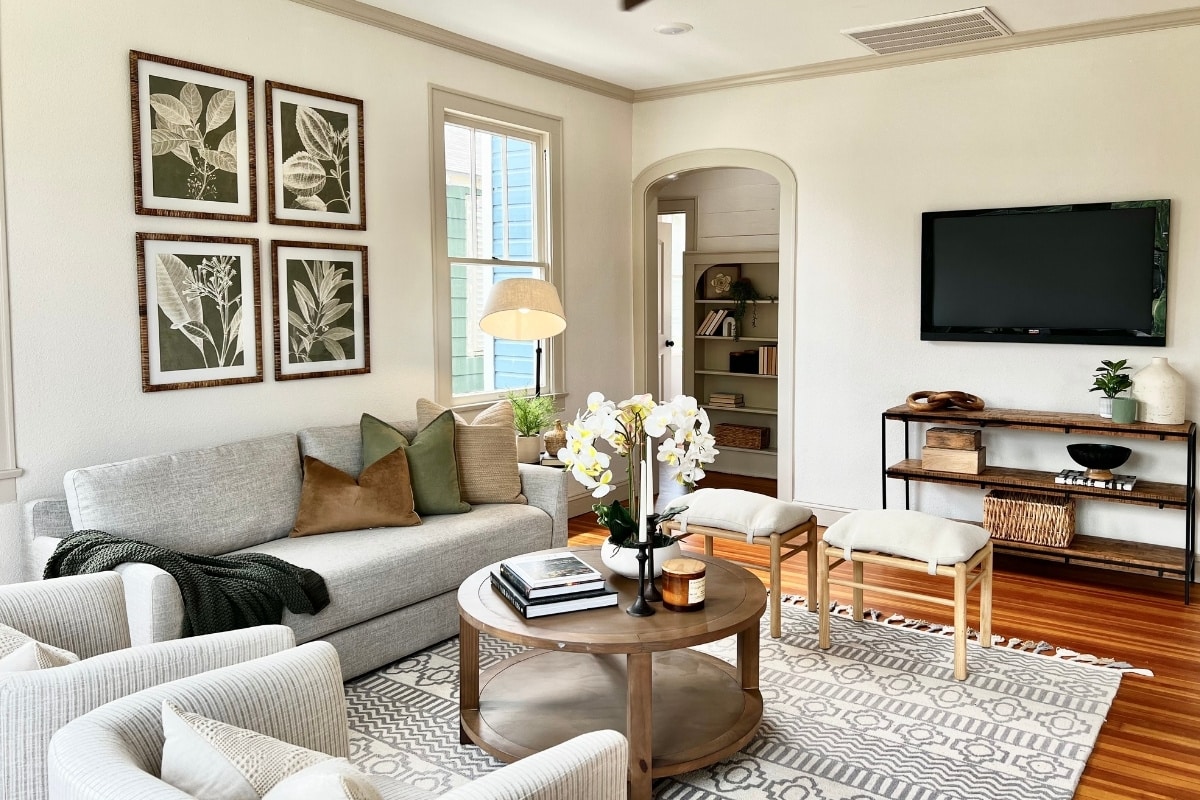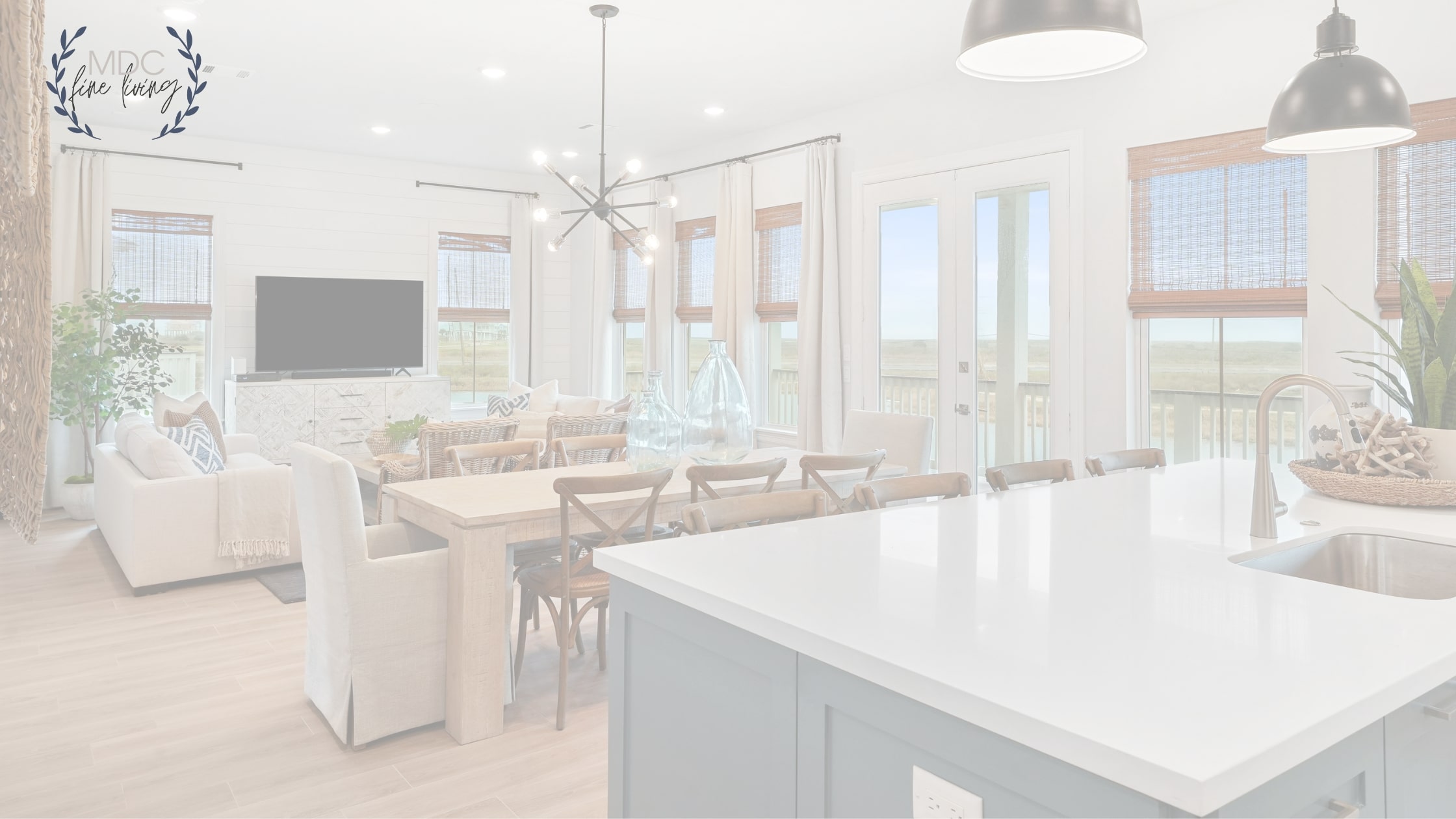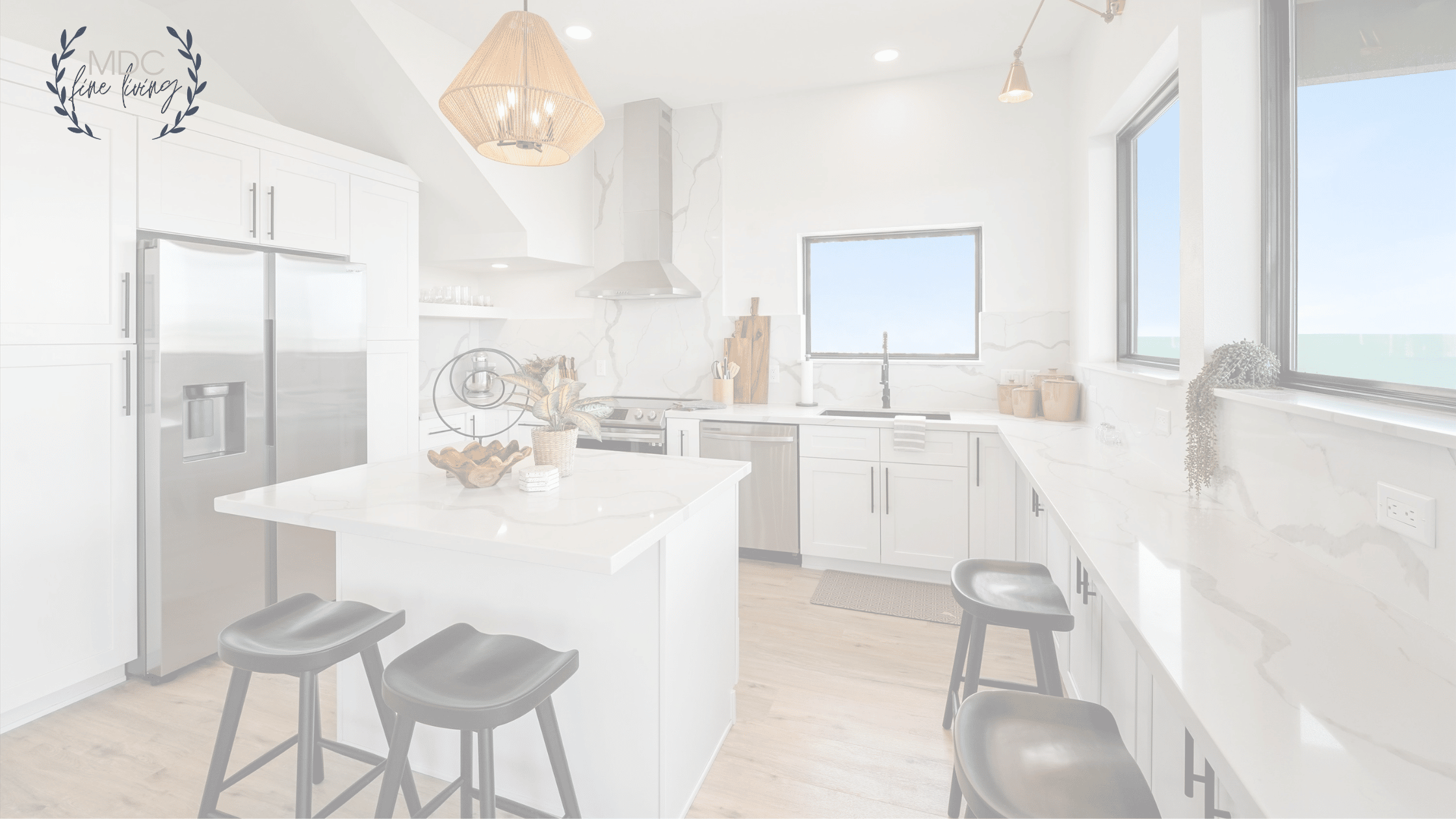Savvy home sellers and Real Estate Agents understand that in order to get offers and top dollar for their listings in the least amount of time, they need to prepare their homes and/or listing with the help of a professional Home Stager. Current statistics continue to show that Staged homes sell faster and for more than comparable homes on the market. Selling faster actually saves the homeowner money in the long run and they will likely make those dollars back on the sale. Not to mention that the investment will be well worth it and much less than what you’d lose by having to reduce listing price.
Barb Schwarz, ASPM®, IASHP® and The Creator of Home Staging®, provides the following information from CPA/CFE Rob Unger of the accounting firm Judelson, Giordano & Siegel, P.C.
“Home sellers can benefit from home staging, as the fees for staging services can be considered as advertising costs, according to IRS guidelines. Since a home stager prepares your house for potential homebuyers, the IRS considers the service as an advertising expense, as long as the home stager has been hired for the sole purpose of selling your home. The costs of staging are subtracted from the proceeds of the sale of the home and decrease the total realized profit. In summary, the IRS’s position is that Staging costs are a legitimate selling expense for both primary and secondary homes and are therefore tax deductible.
However, it is important to note that if a house is staged and then taken off the market before it sells, the staging expenses are not tax deductible.”
Home staging is typically what happens after a homeowner has cleaned, painted and made minor repairs. The basic repairs, maintenance and upkeep of your primary home do not qualify as being tax deductible, even if recommended by a home stager. In general, the fees paid to a professional home stager to dress up a home, prepare it for sale and ultimately attract buyers, are tax deductible.
The way it works is that the home staging costs incurred to sell a home can reduce the gain on the sale of a home in two different ways.
- First, as mentioned earlier, most home staging costs qualify as advertising expenses; this includes the fee paid to the professional home stager to dress up the home by renting and placing furniture in the home and adding various decorative items such as artwork, plants, table settings and accessories. Once the property is sold, the fee paid to the home stager is deducted from the proceeds of the sale as an expense of sale, thus reducing the profit realized.
- Second, there are certain home improvement costs that may not qualify as an advertising expense, but will still reduce the profit from the sale of a home. These are incurred costs that go beyond the simple decoration of a home and entail substantial home improvements such as installing a new porch or patio, adding a new kitchen or bathroom, adding a fireplace, or landscaping. The costs of these home improvements are not subtracted from the proceeds of the sale of the home, but are instead added to the cost basis of the home. The larger your basis is in the home, the lower the profit will be upon the sale of the home, thus the lower the gain will be on the sale of the home.
When in doubt, remember that the IRS offers a deduction strictly for the cost of home staging when it is an advertising expense. It cannot be applied to personal renovations for the homeowner’s benefit.
ALWAYS check with your own CPA concerning all tax write-offs, tax information and the above information as well to see how your own unique situation may be affected. Remember that Tax laws CHANGE.
Are you thinking of selling a home this year and need help figuring out how to get the quickest and most profitable sale? Give us a call at (281) 588-0096 or contact us here.
Information for this article is credited to Claudia Jacobs of Claudia Jacobs Designs and also information furnished by Rob Unger to Claudia Jacobs and Barb Schwarz. For more information, reference IRS Publication #523 on staging.
